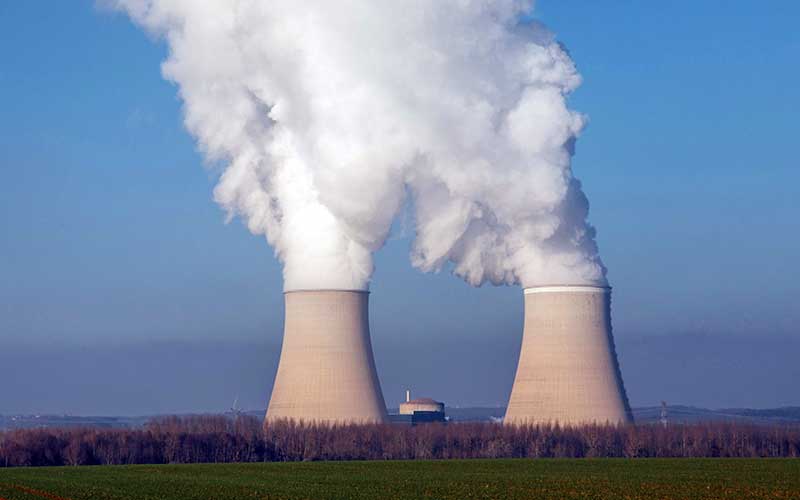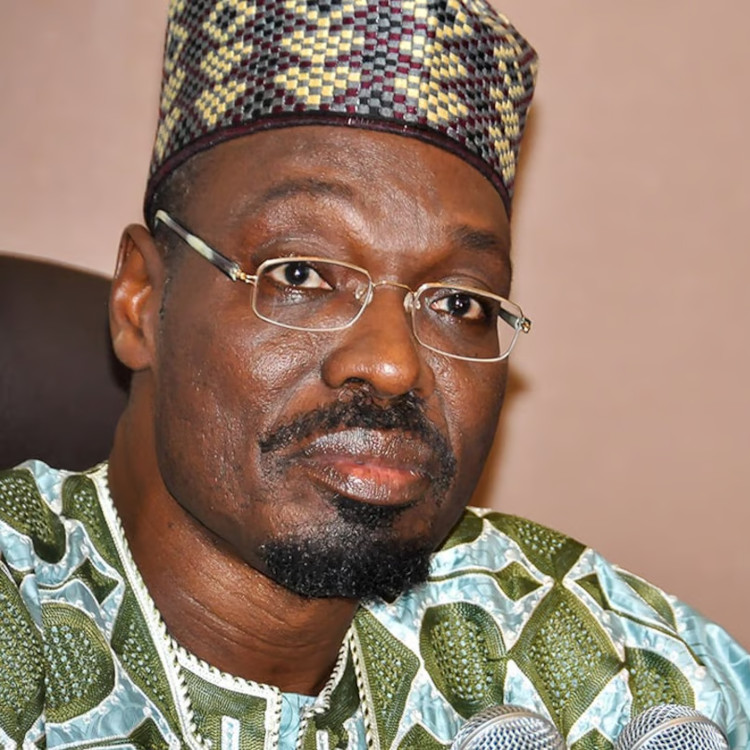Canada Eyes Indonesian Nuclear Market as Trade Deal Deepens Ties
Jakarta, Indonesia – In a move that signals growing international interest in Indonesia’s burgeoning nuclear energy program, Canadian Minister of Small Business Mary Ng has extended an offer of collaboration to the Southeast Asian nation.
This proposal comes on the heels of the recently finalized Indonesia-Canada Comprehensive Economic Partnership Agreement (ICA-CEPA), a deal highlighting the growing economic and strategic partnership between the two countries. Ng, speaking at a business roundtable hosted by the Indonesia Business Council and the Business Council of Canada in Jakarta on December 3, 2024, underscored Canada’s expertise in clean energy and nuclear technology.
"Clean energy is Canada’s specialty, and nuclear technology presents a real opportunity for collaboration," Ng stated, emphasizing that ICA-CEPA "aligns well with Indonesia’s goal of achieving energy resilience."
This interest coincides with Indonesian President Prabowo Subianto’s focus on incorporating cleaner energy sources into the country’s energy mix. President Subianto and Canadian Prime Minister Justin Trudeau discussed deepening bilateral cooperation in energy and clean technology at the recent APEC Summit, indicating a shared strategic vision.
While no official talks on nuclear energy development have taken place between the two nations, Dyah Roro Esti Widya Putri, Indonesian Deputy Minister of Trade, acknowledged the potential of ICA-CEPA’s clean and renewable energy provisions. She reiterated President Subianto’s commitment to achieving net-zero emissions by 2060 and highlighted a recent memorandum of understanding on critical minerals, which could pave the way for
clean energy investment and technology adoption in Indonesia.
Indonesia’s ambitious nuclear plans aim to integrate nuclear power into its grid as a key component of its renewable energy strategy. PT PLN, the state-owned power utility, envisions increasing electricity capacity by 102 gigawatts by 2040, with 5 gigawatts coming from nuclear power.
The National Energy Council, led by Minister of Energy and Mineral Resources Bahlil Lahadalia, is working towards finalizing regulations for nuclear energy by 2025. The country’s first nuclear power plant is expected to become operational by 2032, with an initial capacity of 250-500 megawatts.
This nuclear push complements Indonesia’s broader renewable energy targets, which include significant contributions from solar, wind, geothermal, and bioenergy sources.
The potential partnership between Canada and Indonesia holds significance for both nations, opening doors for innovation and collaboration in the clean energy sector and potentially positioning Canada as a key player in Indonesia’s nuclear energy future.


